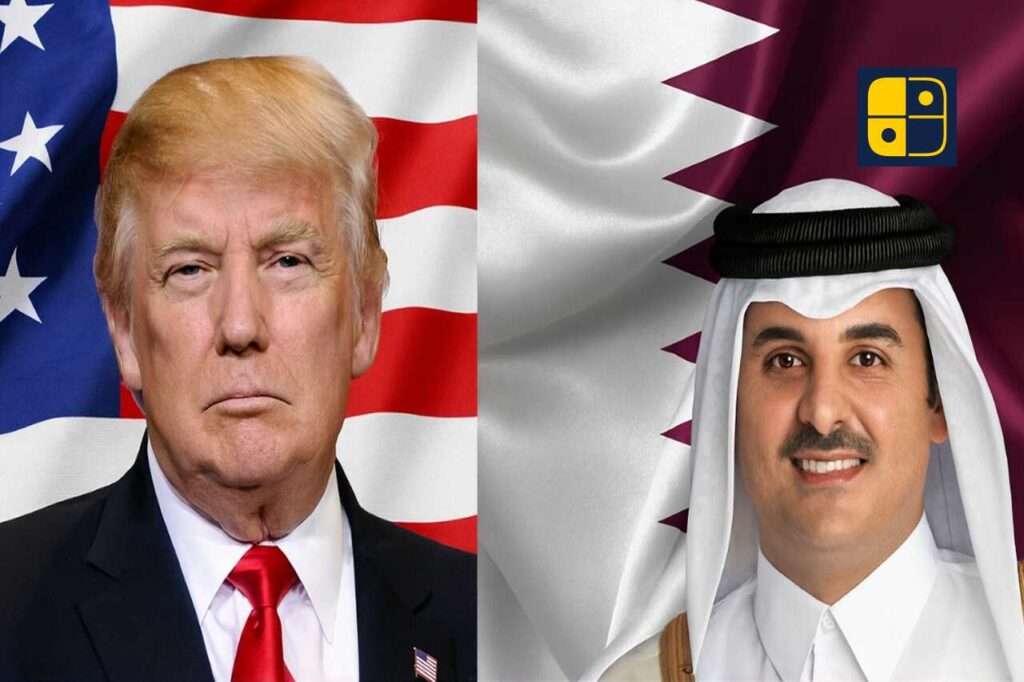President Donald Trump’s executive order treating any attack on Qatar as an attack on the United States is more than a bilateral gesture it is a bold repositioning of American strategy in the Gulf. By offering a NATO-style shield without Senate ratification, Washington has placed Doha at the heart of its regional architecture, sending a clear message that Qatar’s stability is directly tied to U.S. interests.
The decision reflects Qatar’s growing weight in global geopolitics. As the world’s leading LNG exporter and host of Al-Udeid, the largest U.S. base in the Middle East, Doha has become both an energy hub and a strategic military anchor. Trump’s order acknowledges this dual role, binding American credibility to Qatari sovereignty and ensuring continuity of supply lines critical to global markets.
Strategically, the move signals a recalibration of Gulf alignments. For decades, Saudi Arabia and the UAE dominated Washington’s partnerships. Elevating Qatar disrupts that hierarchy, positioning it as a pivotal state in a multipolar Middle East. The timing also reflects U.S. awareness that energy security, investment flows, and mediation diplomacy are increasingly centered in Doha.
While critics warn that an executive-led guarantee risks legal fragility and overextension, the order demonstrates Washington’s willingness to underwrite Qatar’s role in shaping regional order. It is less about defending a small monarchy and more about redefining America’s leverage in the evolving global balance of power.

